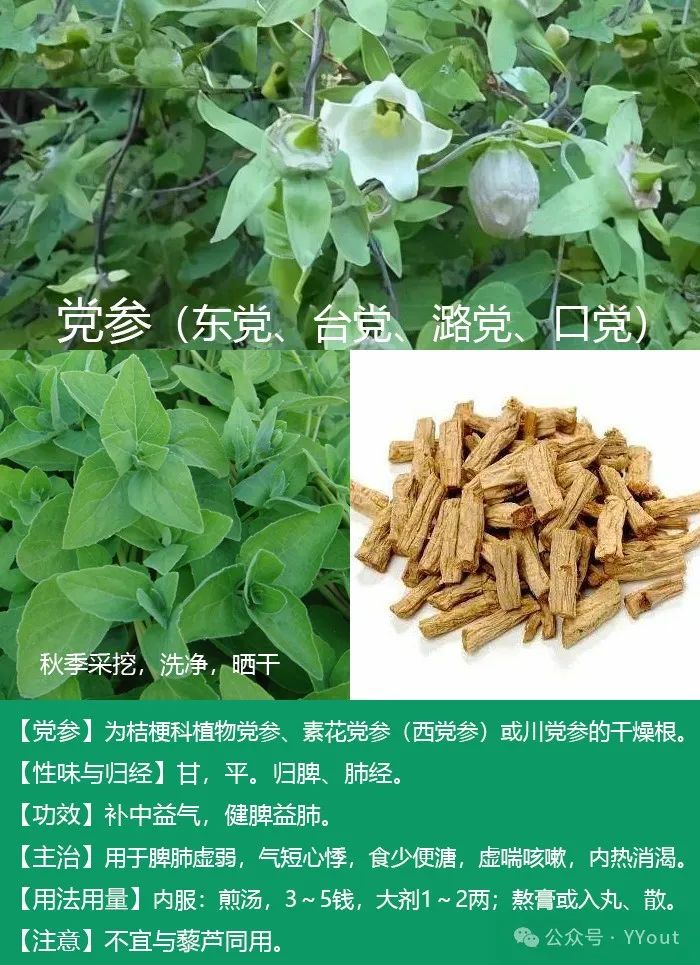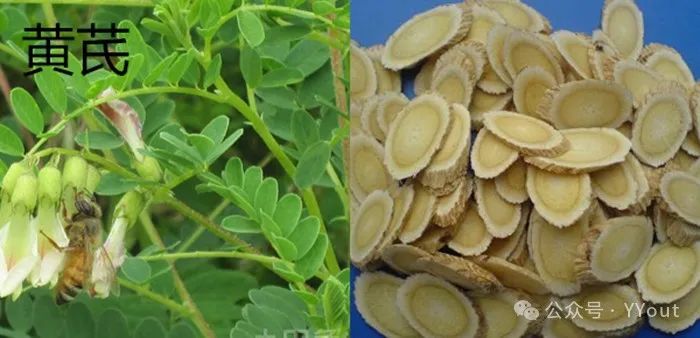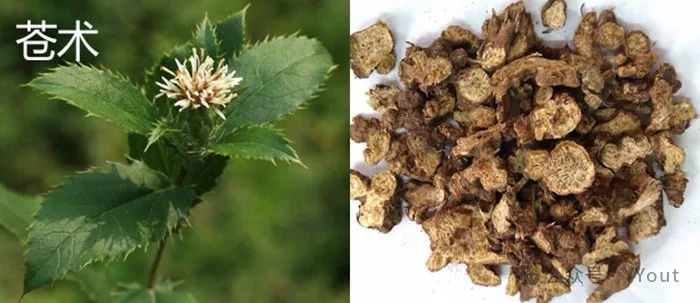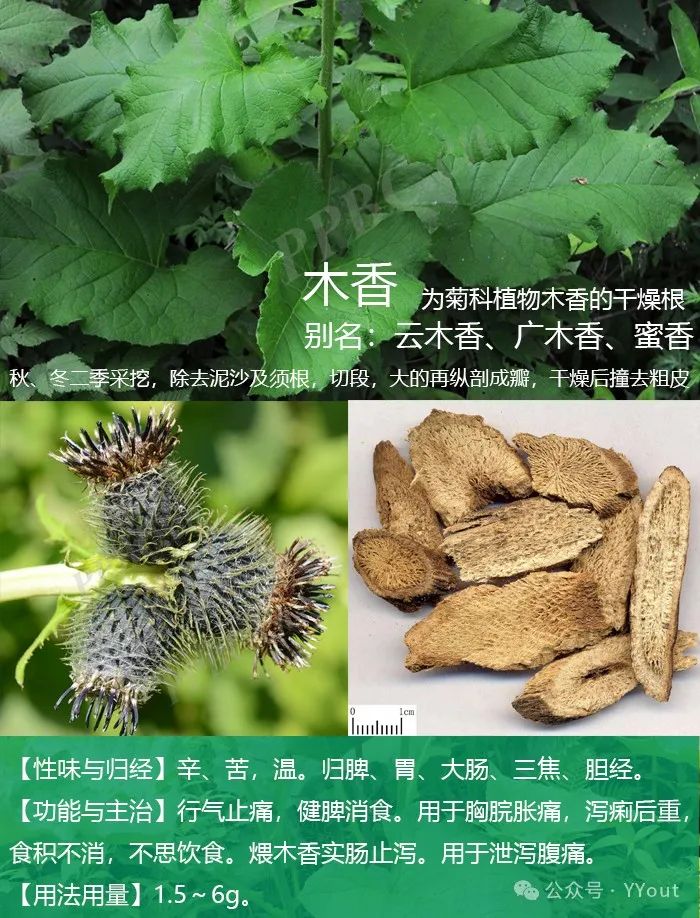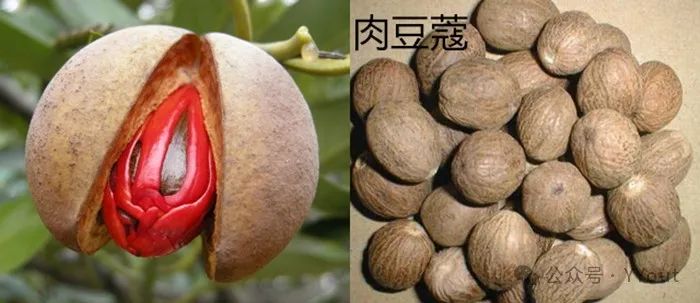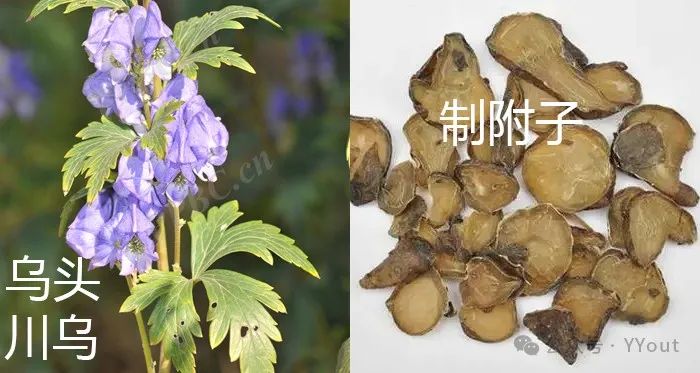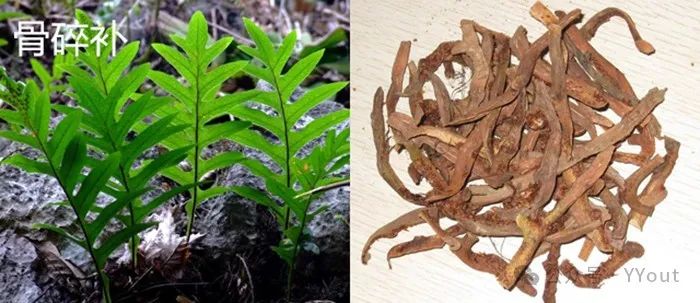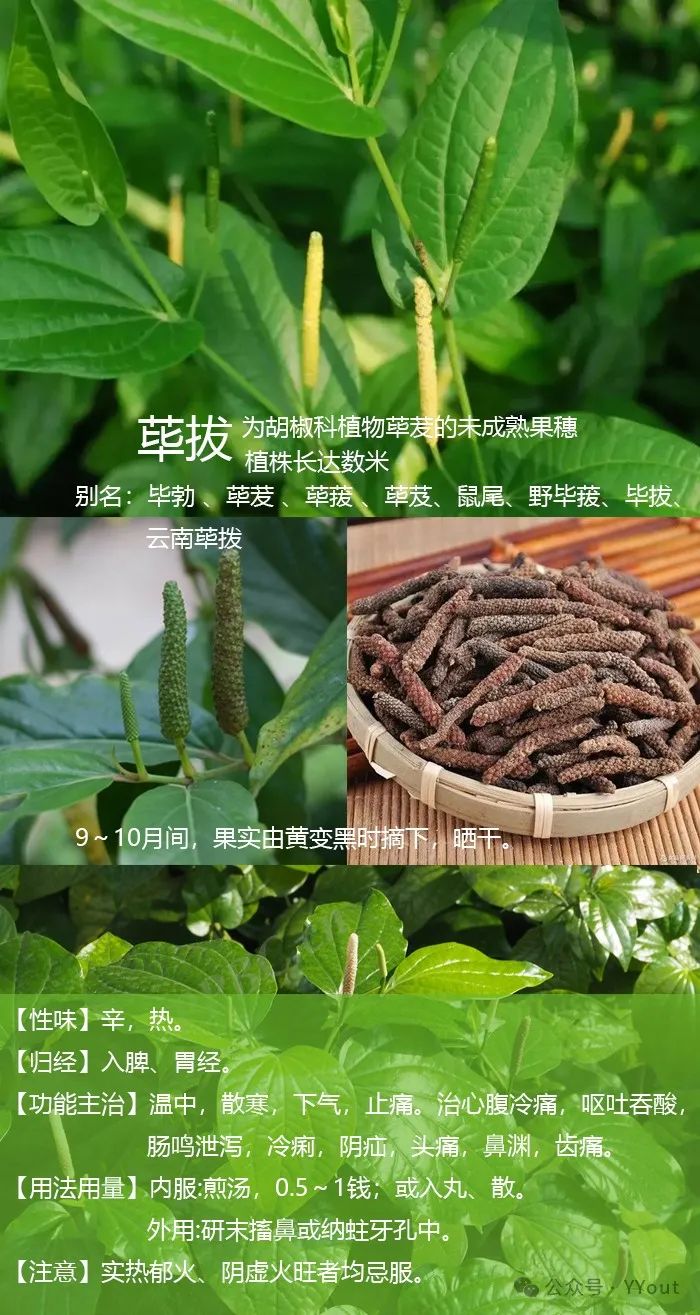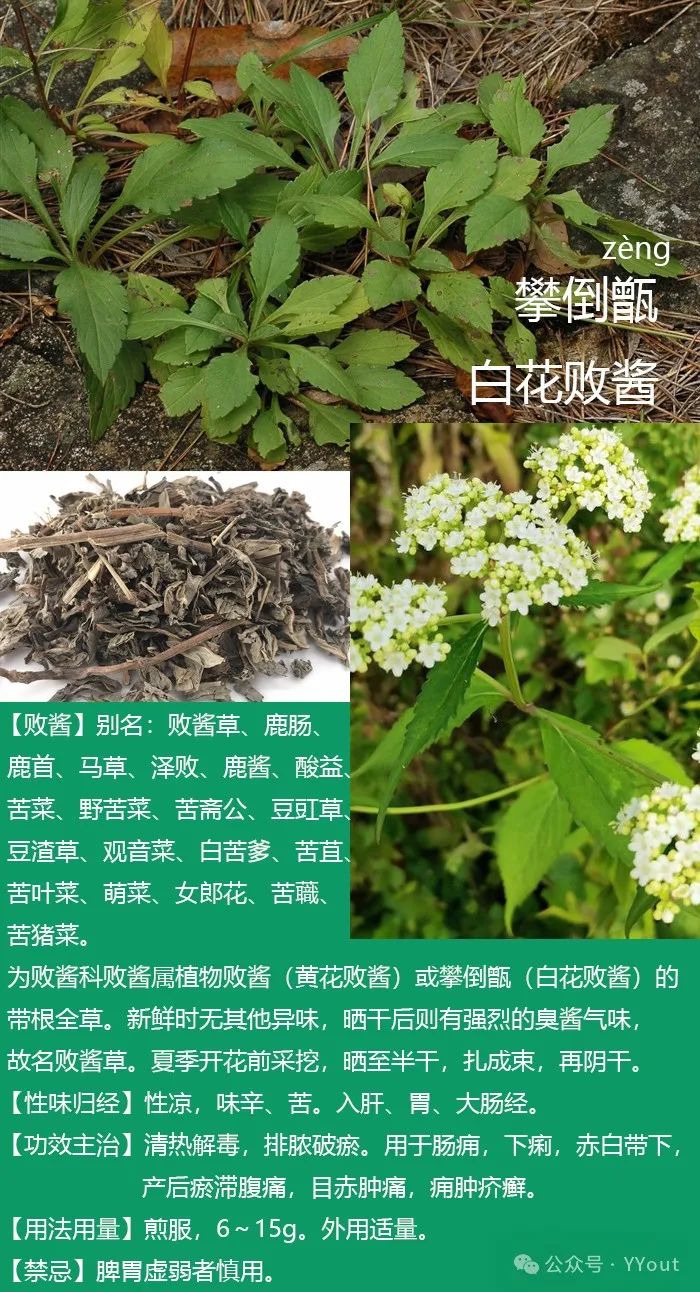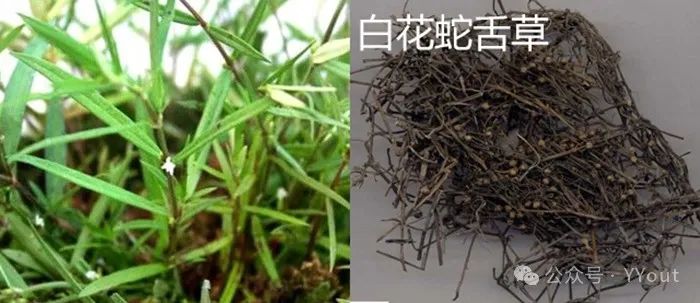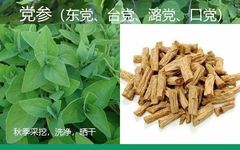Nationally Renowned Physician Tang Chengzu Fu Zheng Qu Xie Decoction
【Ingredients】Dang Shen (Codonopsis pilosula) 20g, Huang Qi (Astragalus membranaceus) 20g, Cang Zhu (Atractylodes lancea) 12g, Guang Mu Xiang (Saussurea costus) 10g, Rou Dou Kou (Myristica fragrans) 10g, Zhi Fu Zi (Aconitum carmichaelii) 10g, Guo Sui Bu (Dipsacus asperoides) 12g, Bi Ba (Piper longum) 10g, Bai Jiang Cao (Patrinia scabiosaefolia) 20g, Bai Hua She She Cao (Hedyotis diffusa) 20g.
【Effects】Tonifies Qi, strengthens the Spleen, warms the Kidneys, and clears the intestines.
【Indications】Chronic colitis, particularly for those with Spleen and Kidney Yang deficiency. Symptoms include persistent diarrhea, mucus or pus in stools, and cold extremities.
【Dosage】One dose per day, decocted in water twice and taken in divided doses.
【Formula Analysis】Dang Shen tonifies the middle and benefits Qi, effectively addressing Spleen and Stomach disorders; Huang Qi tonifies Qi and raises Yang, making it an excellent tonic; Cang Zhu dries dampness and strengthens the Spleen, also having a fortifying effect; Guang Mu Xiang promotes Qi and alleviates pain, essential for treating gastrointestinal Qi stagnation, particularly effective for warming the interior and stopping diarrhea; Rou Dou Kou is astringent, primarily used for warming the middle and astringing the intestines, suitable for chronic diarrhea; Zhi Fu Zi warms the middle and alleviates pain, being purely Yang in nature, it moves without being retained, warming the lower Jiao; Guo Sui Bu warms Kidney Yang; Bi Ba warms the middle and alleviates pain, also capable of warming the Kidneys; Bai Jiang Cao invigorates blood, disperses stasis, and detoxifies, being essential for inflammation and pus discharge; Bai Hua She She Cao is a product for clearing the intestines. The combination of these herbs works to tonify Qi, strengthen the Spleen, warm the Kidneys, and clear the intestines, achieving the effect of tonifying the right and expelling the evil.
【Modifications】If dampness is severe, remove Bai Jiang Cao and Bai Hua She She Cao, and add Chuan Po (Pericarpium Zanthoxyli) 10g and Bing Lang (Areca catechu) 10g; for Kidney Yang deficiency, add Xian Mao (Curculigo orchioides) 12g; for poor appetite, add Chao Gu Ya (Fried Barley Sprouts) 30g; for blood in stools, add Xian He Cao (Agrimonia pilosa) 20g.
【Commentary】Chronic colitis is a term used in modern medicine, encompassed within the TCM diagnosis of “diarrhea.” Chronic diarrhea, also known as persistent diarrhea, can arise from external pathogenic factors leading to diarrhea that is not properly treated, or from dietary indiscretion (overindulgence), emotional disturbances, or improper living habits, occurring after dysentery, and can also be due to Spleen and Stomach deficiency, leading to poor transformation and transportation, with declining Mingmen fire and Kidney deficiency failing to generate Earth, resulting in conditions like early morning diarrhea, etc. The Spleen governs the body’s transformation and transportation, and the Kidney houses the true Yang of the body. Although there are various treatment methods, the inability of the Spleen to transform and transport requires warming its Kidney Yang. Tang’s Fu Zheng Qu Xie Decoction, which tonifies Qi, strengthens the Spleen, warms the Kidneys, and clears the intestines, effectively combines both attacking and tonifying methods, representing the crystallization of his 60 years of clinical experience in treating chronic persistent diarrhea.
【Physician Profile】 Tang Chengzu (1907-1996), from Nantong, Jiangsu Province, was a chief physician. Born into a family of traditional Chinese medicine practitioners, he followed his grandfather, a renowned physician in Nantong, in practicing medicine from a young age. He served as the deputy director of the Nantong Traditional Chinese Medicine Hospital in Jiangsu Province. He was one of the first batch of national renowned TCM experts and academic experience inheritance instructors, enjoying special government allowances awarded by the State Council. Tang was meticulous in diagnosing diseases, rigorous in formulating treatments, and flexible in herb combinations, with rich experience in various fields including internal medicine, gynecology, pediatrics, and especially adept in treating liver diseases, heart diseases, blood disorders, and various difficult and complicated diseases.
